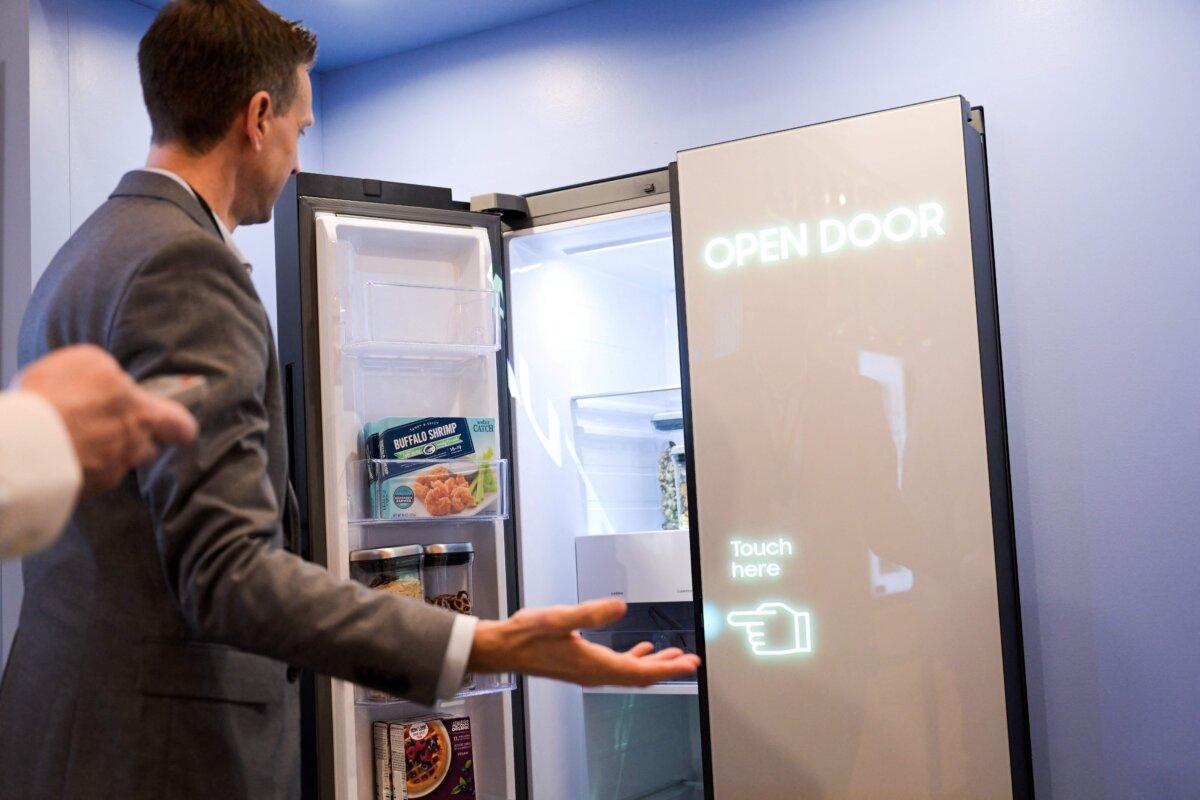Consumer Watchdog Reports Brands are Letting Customers Down on Smart Tech Security Support
Almost a quarter of brands failed to provide support documents informing consumers about the duration of protection for their goods.
A consumer organization stated on Thursday that major technology brands are lacking in informing customers about the duration of support for smart products before they become vulnerable to hacking.
According to a survey conducted by Which?, nearly 23 percent of 128 brands in 30 product categories did not have public support policies indicating the duration of protection for their goods, including brands like Alcatel, Hoover, and Netatmo.
Another 18 percent had unclear policies regarding the level of support they provide. The report revealed that 59 percent of brands fully complied by stating a specific product support period.
The survey was conducted by the consumer group in April following the implementation of the Product Security and Telecommunications Infrastructure Act 2022, which made these measures a legal requirement. Failure to comply could lead to fines of up to £10 million or 4 percent of global revenue.
Which? criticized manufacturers for not fully adhering to the product security law, despite having ample time to prepare. They highlighted the importance of consumers knowing the duration of support for their products to receive vital security updates and avoid potential risks.
Director of policy and advocacy at Which?, Rocio Concha, urged the Office of Product Safety and Standards to investigate and offer clear guidance to manufacturers to address the issue.
Which? emphasized the importance of companies providing clear information on support coverage for consumers, explaining that lack of support leaves products vulnerable to hacking.
Smart White Goods
Which? analyzed smart products such as mobile phones, doorbells, thermostats, and smart speakers, finding variations in support by brand.
For example, in the case of smart TVs, LG and Samsung offered a guaranteed five years of support from the launch of their TVs, while Hisense provided only two years.
Even non-networked products like white goods are increasingly becoming “smart.” Which? found that around one-third of washing machines and dishwashers are now equipped with smart technology.
Out of 224 washing machines reviewed, 76 were considered “smart.” Brands like Miele, Bosch, and Siemens offered extended support for smart dishwashers, unlike Hisense, which only offered a two-year support period.

Internet of Things at Risk
Nemko, a Norwegian agency specializing in testing and certifying electrical products, warned that any IoT product, including white goods like washing machines, can be vulnerable to hacking.
The agency pointed out that IoT devices are often more focused on functionality than security, making them easy targets for cybercriminals due to common vulnerabilities like weak passwords or lack of regular updates.
Hacking seemingly unrelated devices like refrigerators or thermostats can provide entry points for hackers into a home network, allowing them to eavesdrop or create botnets for large-scale attacks.
Microsoft detected attacks by hackers who accessed networks through IoT devices, emphasizing the importance of addressing security vulnerabilities in these devices to prevent such breaches.





